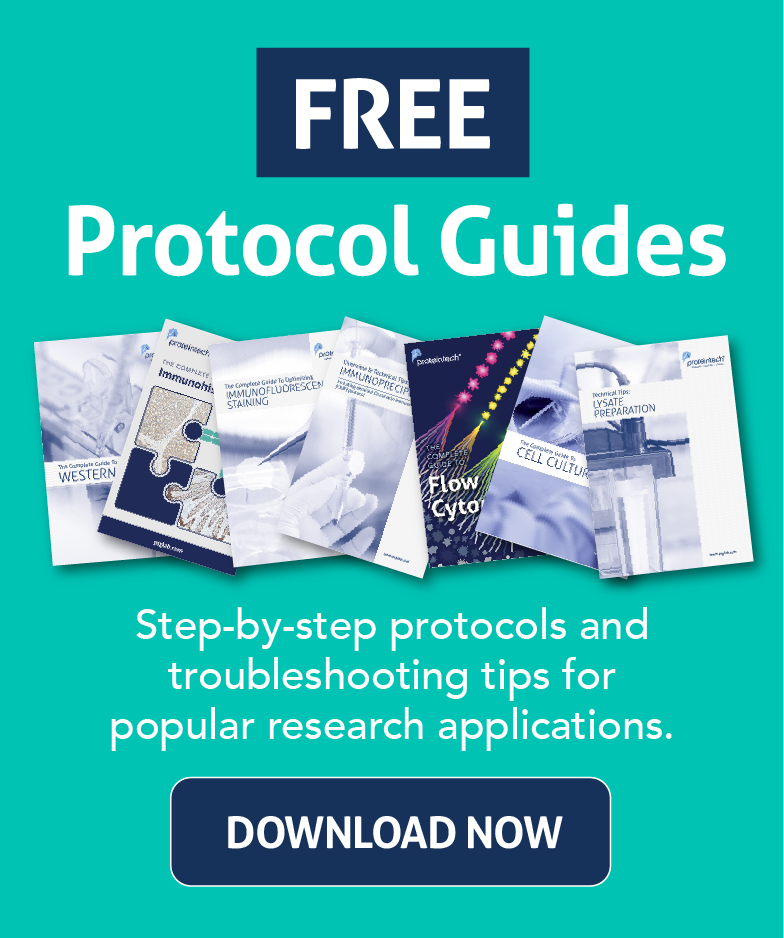Imposter Syndrome in Scientific Research: The Hidden Epidemic
Written by Hannah Joanne Lee, PhD Candidate at Queen Mary University of London
What is Imposter Syndrome?
Have you ever felt like you’re ‘faking it’ as a scientist, waiting for somebody to expose you as a fraud, or realize that you aren’t ‘good enough’ to be a real scientist? You are not alone, and an alarming number of researchers at all levels of their careers have felt or currently feel the same.
Imposter syndrome can be defined as “the persistent inability to believe that one’s success is deserved or has been legitimately achieved as a result of one’s own efforts or skills” [1]. Individuals who experience imposter syndrome often perceive themselves as less capable and undeserving of their accomplishments. Rather than recognizing their own skills and efforts, they attribute their success to luck, deception, or the charity of others [1]. It can also manifest in signs such as extreme perfectionism and fear of failure, overworking to ‘prove worth,’ and avoiding new opportunities due to an unjustified fear of being underqualified.
Research suggests that doctoral students are particularly susceptible to such feelings [2], and although there is a lack of statistics around the prevalence of imposter syndrome specifically, it is well-established that doctoral students have a high prevalence of mental health issues more generally. One study found that compared to Master’s graduates not pursuing a PhD, doctoral students have a 10-20% higher prevalence of clinically confirmed depression and anxiety [3].

Why is Imposter Syndrome so Common in Research?
Although imposter syndrome exists in many environments, academia, and scientific research often provide a ‘perfect storm’ of factors that foster the extremely high prevalence of imposter syndrome in the research community. The high pressure to constantly secure funding and publish, combined with the naturally competitive nature of academia, which emphasizes intellectual brilliance, is bound to breed feelings of inadequacy in researchers.
In addition to this, scientific research has a high propensity to involve frequent failure due to its experimental nature. Unlike many other careers, where mistakes can often be minimized or avoided, research is built on a foundation of trial and error, making failure essential for progress. Combined with the intense pressure to ‘publish or perish,’ these frequent failures can easily instill imposter syndrome-like feelings in even the most successful scientists.
The nature of science and how we are always discovering and learning also naturally lends itself to this mindset. As researchers gradually deepen their understanding of a research area, the enormity of what is unknown becomes more apparent. This realization that there will always be more to learn can lead to experts doubting their competency and knowledge.
Overcoming Imposter Syndrome
While imposter syndrome may be a common problem in scientific research, it is not impossible to overcome. Many researchers have found ways to help navigate these feelings and gain confidence in their work, and framing self-doubt as a natural part of learning can define it as a sign of growth rather than failure.

Acknowledge it: The first stage to overcoming imposter syndrome is to recognize it and acknowledge that these feelings are a result of cognitive distortion. Learning more about what exactly imposter syndrome is and why it occurs can allow you to detach from these feelings and separate them from the reality of the situation.
Normalize it: Recognizing the high prevalence of imposter syndrome in research and having open conversations about it with colleagues helps to reduce feelings of isolation and shame. This also makes it easier to seek support from peers, and knowing that others feel the same way can help you recognize that perfection isn’t achievable and everybody fails.
Recognize your successes: Acknowledging your strengths and achievements can help you remind yourself that you are competent and deserve the credit that you receive. Strategies such as keeping a success journal, revisiting your qualifications, and keeping a record of positive feedback from others can help with this.
Reframe your failures: Failure is completely inevitable in research, and a lot of the time, these failures also present great learning opportunities! Many great scientific discoveries were the result of accidental observations or mistakes. For example, the discovery of penicillin by Sir Alexander Fleming came to light due to the growth of mold in petri dishes of Staphylococcus cultures while he was on holiday [2]. The lack of bacterial growth close to the mold revealed the antibacterial properties of Penicillium chrysogenum.
Seek mentorship: Communicating with a mentor who is more established than you in your field can provide reassurance and much-needed perspective on your work.
Conclusion
Feelings of imposter syndrome are very common in the research environment but are also manageable with the right tools and support. It is important to remember that you are not an imposter, but a scientist in progress. The act of questioning your worth proves your integrity rather than inadequacy.
References
[1] Oxford University Press. (n.d.). Impostor syndrome, n. In Oxford English Dictionary. Retrieved May 8, 2025, https://doi.org/10.1093/OED/3742536120
[2] Gaynes R. The Discovery of Penicillin—New Insights After More Than 75 Years of Clinical Use. Emerging Infectious Diseases. 2017 May; 23(5):849–53. doi: 10.3201/eid2305.161556. PMCID: PMC5403050.
[3] Keloharju M, Knüpfer S, Müller D, Tåg J. PhD studies hurt mental health, but less than previously feared. Research Policy. 2024; 53(8): 105078. https://doi.org/10.1016/j.respol.2024.105078.
Related Content
8 Tips for Networking at Scientific Conferences | Proteintech Group
How to Review a Scientific Paper in 10 Easy Steps | Proteintech Group
How to make a scientific conference poster | Proteintech Group
The Importance of Self-Care While Doing your PhD | Proteintech Group
Support
Newsletter Signup
Stay up-to-date with our latest news and events. New to Proteintech? Get 10% off your first order when you sign up.

